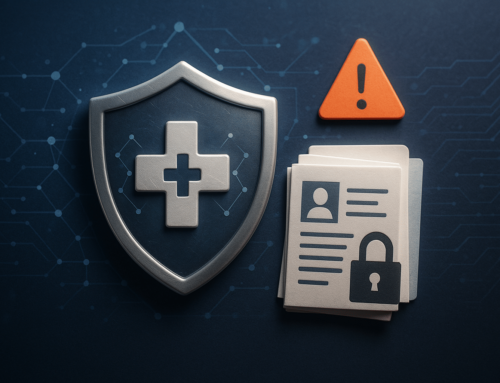
Healthcare-related cell phone calls by providers to patients are regulated by two laws. One of these is HIPAA. HIPAA governs the content of what PHI can be communicated through a text or a voicemail. The Telephone Consumer Protection Act (TCPA), administered by the Federal Communications Commission (FCC), regulates how a provider can send a message. Recently, the FCC issued a ruling requiring that healthcare providers obtain prior express consent before making healthcare-related calls and text messages to wireless telephone numbers. The law of TCPA cell phone consent is discussed below.
What is TCPA Cell Phone Consent: The Problem of Unwanted Calls
In response to consumer complaints, Congress passed the Telephone Consumer Protection Act of 1991 (TCPA). This law prohibits, among other things, almost all robocalls to cell phones. In 2003, the law was amended to create a national Do Not Call Registry. Subsequently, the FCC issued regulations addressing who can make automated calls and what rules the caller must follow. Generally, callers such as healthcare providers can only send automated messages if there is already an existing relationship between the doctor and patient being called, and the provider obtains prior express consent.
Do you have an effective HIPAA compliance program?
Find out now by completing the HIPAA compliance checklist.
Anthem Inc., a large health insurer, asked the Commission to exempt health plans and providers from the TCPA requirement to obtain prior express consent. Anthem argued that, as long as an automated message to an existing patient allowed the patient to opt out of further messages (i.e., after the fact), prior express consent was not necessary. Further, Anthem argued that case management and preventative medicine calls should not be subject to the prior express consent rule, because these calls, said Anthem, benefit consumers, are welcomed by consumers, and are already regulated by other laws.
The Commission rejected Anthem’s request. In its ruling, the Commission held that the mere fact of an existing provider-patient relationship did not suffice to constitute prior express consent. As for Anthem’s “consumers welcome automated calls” argument, the FCC ruled that, if this is truly the case, callers should have little difficulty in obtaining prior express consent for them.
TCPA Cell Phone Consent: What About HIPAA?
In its ruling, the FCC refused to create an exception to the prior express consent requirement for automated calls on the ground that other laws already regulated these calls. Other laws do regulate these calls, but not in the same manner as the TCPA. For example, HIPAA regulates the type of automated information that can be sent to a cell phone. The regulations are in place to ensure patient privacy. But, HIPAA says nothing about the methodology (restriction of calls and texts made using an autodialer or an artificial or prerecorded voice, and made without the prior express consent of the called party) of such communications.
The distinction is of significance to providers; a call that complies with the requirements of the HIPAA Privacy Rule does not necessarily comply with the requirements of the TCPA. Healthcare providers must comply with HIPAA and the TCPA to avoid being fined.









